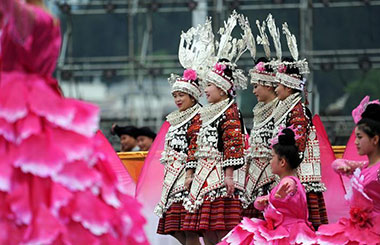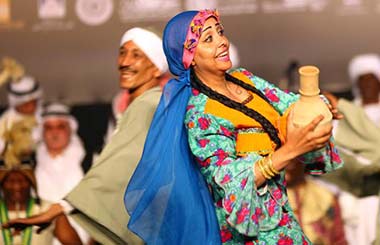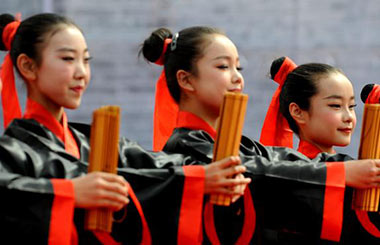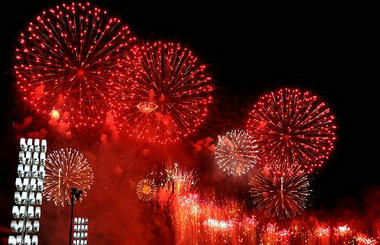Tian Long Ba Bu: Not just a Jin Yong novel
( chinadaily.com.cn ) Updated: 2016-04-25 15:41:22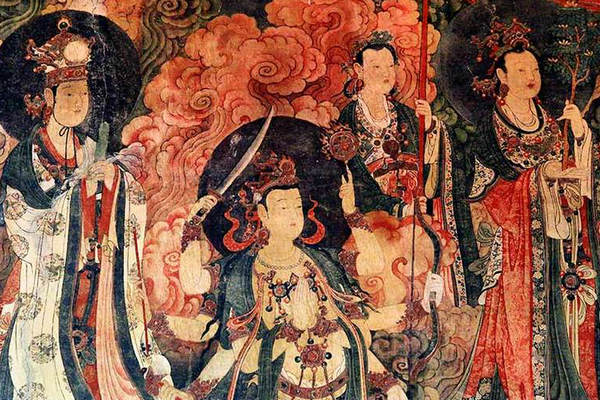 |
|
Deva in a painting. [Photo/fo.ifeng.com] |
As one masterpiece of writer Jin Yong, Tian Long Ba Bu (《天龙八部》) is not a strange name to people who are fond of kungfu novels and films. At least six TV and film adaptations and related video games have debuted since the novel was published in 1963.
Despite the book's popularity, not many people know the meaning of its name. The name, Tian Long Ba Bu, originates from Buddhist texts. It is a general name for eight categories of protective gods in Buddhism.
The eight groups are Deva (天), Naga (龙), Yaksa (夜叉), Gandharva(乾闼婆), Garuda(迦楼罗), Kinnara(紧那罗), Ashura (阿修罗) and Mahiraga(摩呼罗迦).
Deva
Deva don’t work, but lead a luxurious life and have longer lives than humans. In Buddhism, they will die and may become reincarnated as humans or animals in their next life.
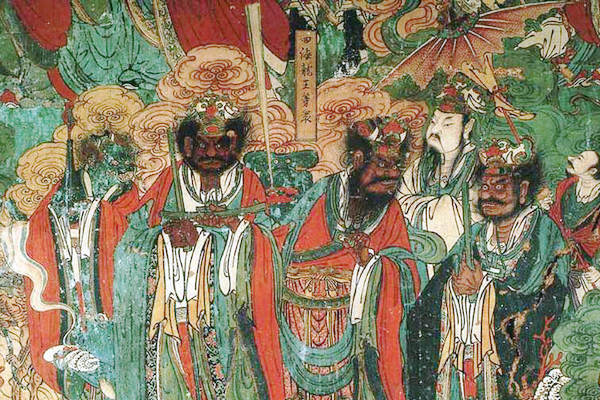 |
|
A painting of Naga. [Photo/fo.ifeng.com] |
Naga
Naga is translated as "dragon" in Chinese, but these are different creatures that live under the water. Yet similar with dragons in Chinese ancient myths, they could also make it rain.
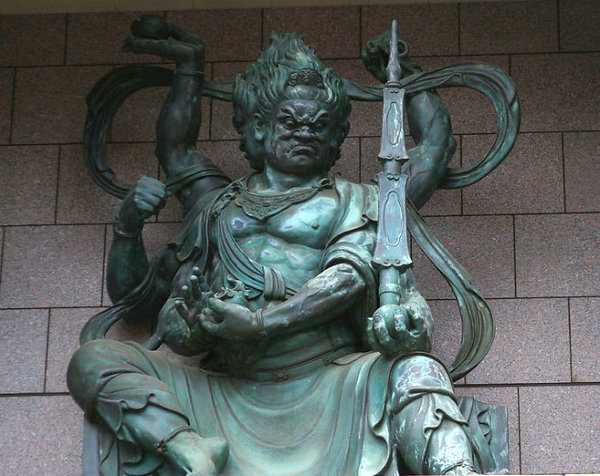 |
|
A statue of Yaksa. [File Photo] |
Yaksa
In Chinese, fierce and tough women are called mu ye cha (female Yaksa). Yaksa is often considered as a kind of devil, who has a scary face and an extremely bad temper. In Buddhist texts, they are gods who eat devils and protect the world.
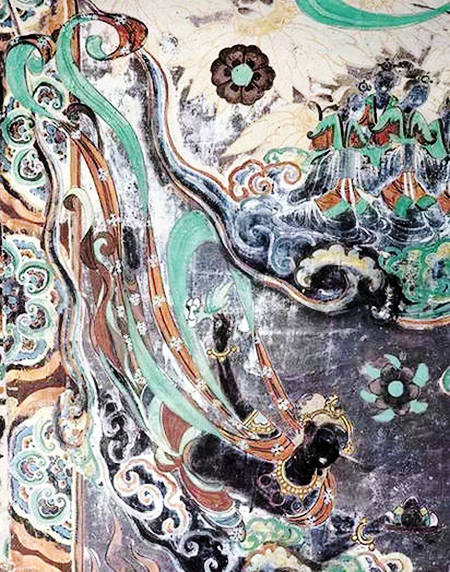 |
|
Gandharva in a fresco. [Photo/Chinanews.com] |
|
|
|
|
|
|
|
|




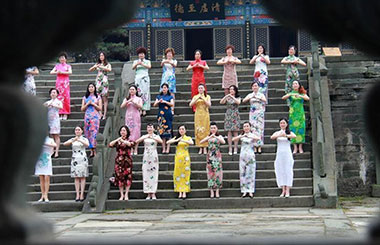
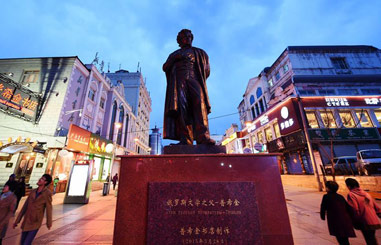
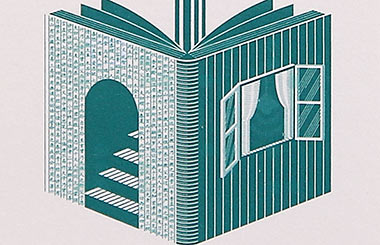
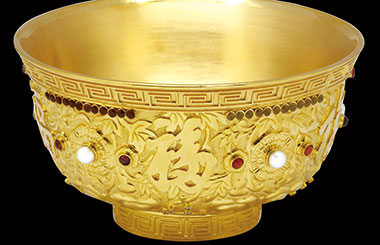
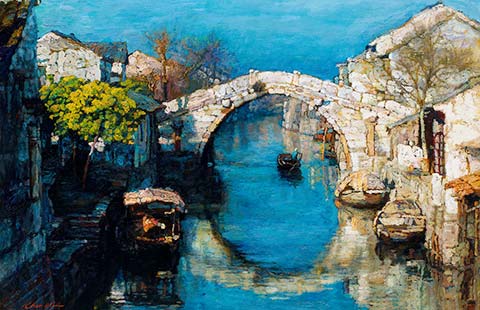

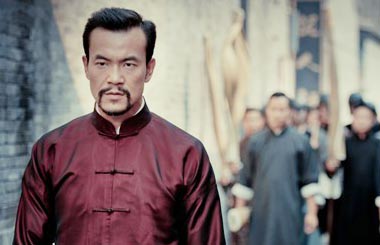



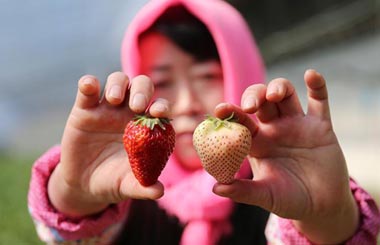
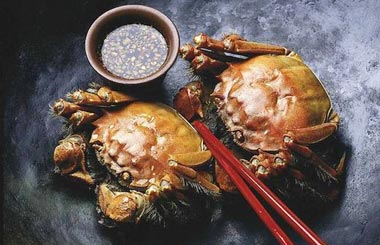



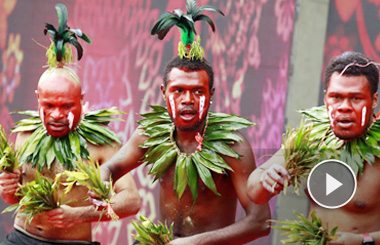
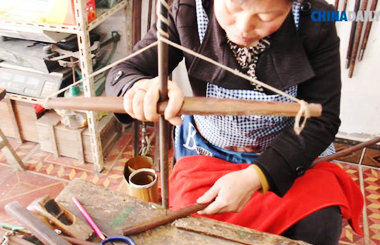

 Raymond Zhou:
Raymond Zhou: Pauline D Loh:
Pauline D Loh: Hot Pot
Hot Pot Eco China
Eco China China Dream
China Dream China Face
China Face

